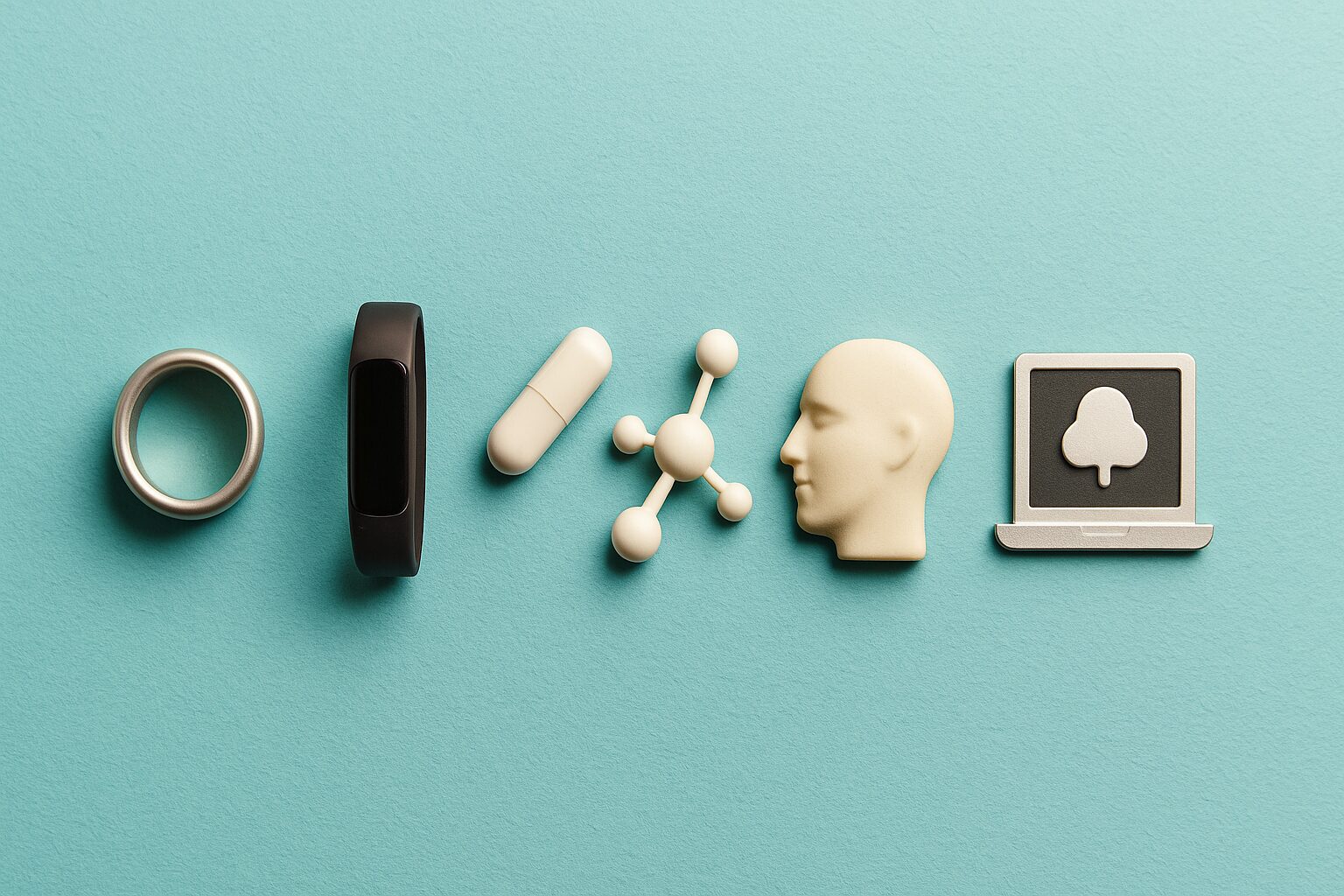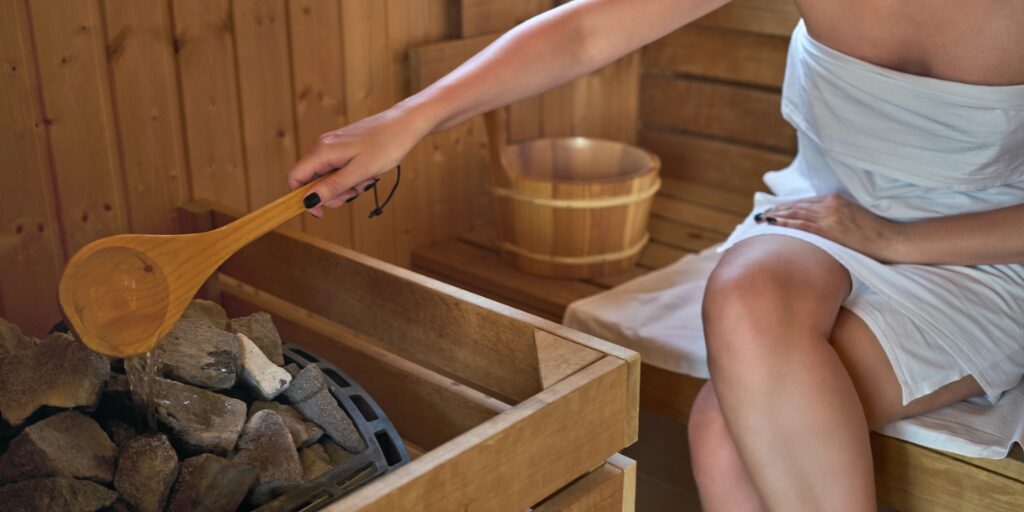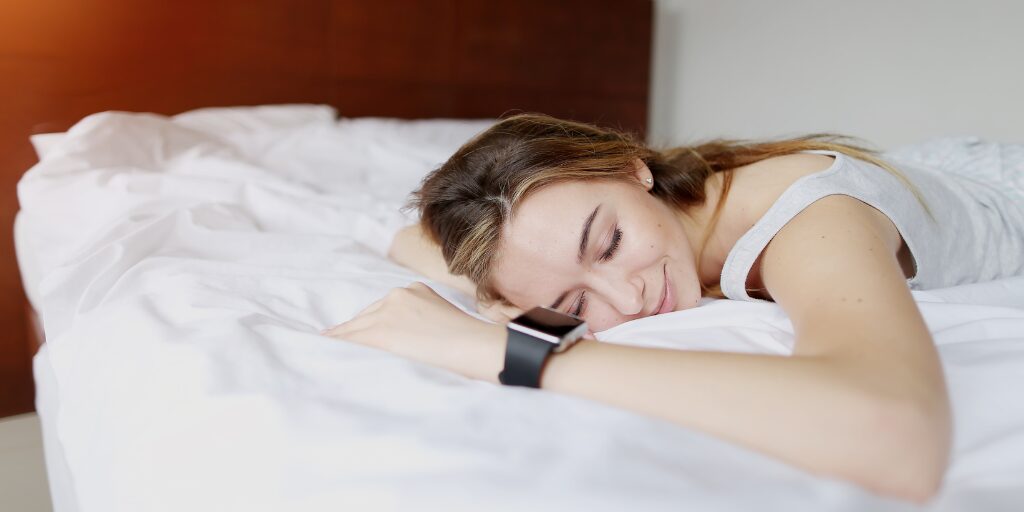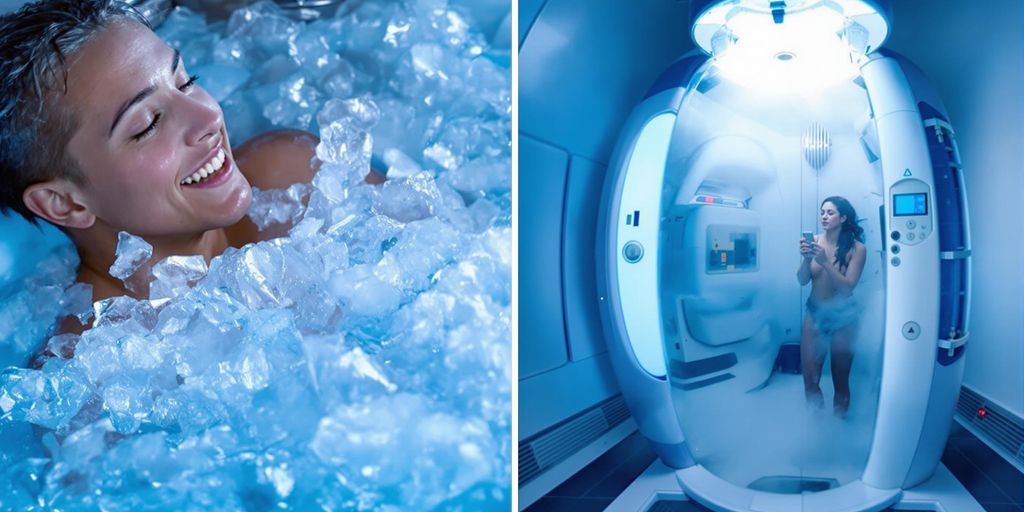In today’s fast-paced world, finding ways to boost productivity without feeling overwhelmed is essential. Biohacking offers some practical tools and habits that can help you work smarter, not harder. From wearable tech to mindfulness apps, these seven biohacking habits can enhance your focus and energy levels while keeping burnout at bay. Let’s explore how you can integrate these strategies into your daily routine and maximize your productivity.
Key Takeaways
- Wearable devices like the Oura Ring and Whoop Band can help track your health and optimize your work schedule.
- Supplements such as L-Theanine and Creatine can enhance mental clarity and focus, making it easier to tackle tasks.
- Mindfulness apps like Headspace and Calm can reduce stress and improve your overall mental well-being.
- Setting clear boundaries between work and personal life is crucial to prevent burnout and maintain energy levels.
- Online therapy platforms like BetterHelp provide mental health support, helping you manage stress and improve productivity.
1. Oura Ring
Okay, so the Oura Ring. You’ve probably seen ads for it, or maybe a friend won’t stop talking about theirs. It’s basically a sleep and activity tracker, but it’s got a few things going for it that make it a potential productivity booster.
The main thing is that it gives you data about your sleep and recovery. And when you know more about how your body is doing, you can make smarter choices about your day.
Here’s how it might help:
- Sleep Tracking: It tells you how long you slept, how much deep sleep you got, and even your heart rate variability (HRV). If you see you’re consistently not getting enough sleep, you know you need to adjust your bedtime.
- Activity Levels: It tracks your steps and activity, but also tells you if you’re pushing yourself too hard. Overtraining is a real thing, and it can kill your productivity. The ring can help you find that sweet spot.
- Body Temperature: It monitors your body temperature, which can be useful for spotting early signs of illness. Catching a cold early means you can take it easy and avoid a full-blown sickness that knocks you out for a week.
Basically, it’s all about knowing your body better so you can work smarter, not harder. It’s not a magic bullet, but it’s a tool that can help you make better decisions about your health and, ultimately, your productivity.
2. Whoop Band
Okay, so the Whoop Band. It’s not just another fitness tracker; it’s more like a personal performance coach strapped to your wrist. You wear it 24/7, and it constantly monitors your heart rate variability (HRV), sleep, and strain. It’s all about understanding your body’s recovery and pushing yourself just the right amount – not too hard, not too little.
The key thing about Whoop is its focus on recovery. It doesn’t just tell you how many steps you took; it tells you how ready your body is to perform. This is super useful for preventing burnout because you’re making decisions based on actual data, not just how you think you feel.
Here’s what you can expect:
- Daily Recovery Score: This is the big one. It tells you how recovered you are on a scale of 0-100%. A higher score means you’re ready to crush your workouts or tackle a demanding workday. A lower score? Time to take it easy.
- Sleep Tracking: Whoop breaks down your sleep stages (light, deep, REM) and gives you insights into how well you’re sleeping. It even tells you how much sleep you need based on your previous day’s strain.
- Strain Score: This measures the cardiovascular load you put on your body throughout the day. It’s not just about workouts; it includes everything from stressful meetings to chasing after your kids.
I’ve found that paying attention to my Whoop data has made a huge difference in my energy levels. I used to just push through workouts even when I was exhausted, but now I actually listen to my body and adjust my plans accordingly. It’s a game-changer for long-term productivity and avoiding that dreaded burnout.
3. L-Theanine
Okay, so you’ve probably heard of L-Theanine, but what is it, really? It’s an amino acid, and it’s not one of those essential ones your body can’t make. You find it mostly in tea leaves and some mushrooms. The cool thing about it is how it interacts with your brain. It’s known for promoting relaxation without making you feel drowsy.
I started taking L-Theanine a few months ago because I was looking for something to help me focus without the jitters I get from coffee. I’ve found it really helps take the edge off when I’m feeling stressed about deadlines. It’s not a miracle cure, but it definitely makes a difference. It’s a subtle effect, but it’s there. I usually take it in the morning with my coffee, and it seems to balance out the caffeine nicely. It’s like it smooths out the energy curve, so I don’t crash as hard in the afternoon. Plus, it’s pretty easy to find in most health food stores or online. You can even find it combined with caffeine in some supplements, which is a convenient way to get both at once. I’ve been experimenting with different dosages to see what works best for me. I’ve also been trying to incorporate more green tea into my diet, since that’s a natural source of L-Theanine. It’s a small change, but it’s been a positive one. It’s all about finding what works for you and making small, sustainable changes to improve your overall well-being. It’s a great addition to biohacking in the office.
4. Creatine
Okay, so you’ve probably heard of creatine for muscle building, right? But it’s not just for gym bros anymore. Turns out, it can give your brain a boost too. I started taking it a few months ago, and honestly, I’ve noticed a difference. It’s subtle, but I feel like I can focus for longer periods without getting that afternoon slump.
Creatine helps increase ATP (adenosine triphosphate) levels in your brain, which is basically brain fuel. More fuel means your brain can work harder and longer. Think of it like upgrading from regular gas to premium for your car – a little extra oomph.
Here’s what I’ve gathered about using creatine for cognitive benefits:
- Dosage: Most studies suggest around 3-5 grams per day. I just throw a scoop into my morning smoothie. Easy peasy.
- Consistency is key: You won’t feel like a genius overnight. It takes a few weeks to build up in your system. Be patient!
- Hydration: Drink plenty of water. Creatine pulls water into your muscles (and brain), so you need to stay hydrated to avoid headaches or feeling sluggish. Staying hydrated is key for mental clarity.
- Not just for athletes: Even if you’re not hitting the gym, creatine can still be beneficial for cognitive function. It’s worth a shot if you’re looking for a natural way to boost your focus and memory.
I’m not a doctor, so definitely do your own research and talk to a healthcare professional before starting any new supplement. But from my experience, creatine is a pretty cool biohack for productivity.
5. Headspace
Okay, so you’re feeling stressed? Overwhelmed? Like your brain is a tangled mess of thoughts? Yeah, I get it. That’s where Headspace comes in. It’s basically a gym membership for your mind, but way less sweaty.
Headspace is great for incorporating a little bit of daily meditation into your routine.
I’ve been using it on and off for a while now, and honestly, it’s helped me chill out when things get crazy. It’s not a magic bullet, but it’s a solid tool to have in your biohacking arsenal. Here’s why I think it’s worth checking out:
- It’s super accessible. You don’t need to be some zen master to use it. They have guided meditations for total beginners.
- There’s a ton of content. Seriously, they have meditations for everything from stress and anxiety to sleep and focus. You can find something that fits your needs.
- Even a few minutes can make a difference. I know it sounds cliché, but even just 5-10 minutes of meditation can help you feel more grounded and focused. I usually do it before a big meeting.
I’m not saying it’ll solve all your problems, but it’s a good way to take care of your mental health, which is pretty important for productivity and avoiding burnout. Give it a shot, what do you have to lose?
6. Calm
Okay, so you’re probably thinking, “Another meditation app?” But hear me out. Calm isn’t just another app; it’s like having a pocket-sized zen master. It’s designed to help you chill out, reduce stress, and, yeah, be more productive. The thing is, when you’re constantly stressed, your brain is a mess. You can’t focus, you’re irritable, and you’re basically running on fumes. Calm helps you hit the reset button.
Calm offers guided meditations, sleep stories, and even music designed to help you relax and focus. It’s not about becoming a monk; it’s about taking a few minutes each day to center yourself. Think of it as a mental oil change – keeps things running smoothly.
I know, I know, you’re busy. But even five minutes a day can make a difference. Try starting with a daily meditation routine. You might be surprised at how much calmer and more focused you feel. Plus, they have sleep stories narrated by celebrities. Who wouldn’t want to drift off to the soothing voice of Matthew McConaughey?
7. BetterHelp
Okay, let’s talk about something super important: your mental health. You can’t pour from an empty cup, right? And pushing yourself to the point of burnout helps absolutely no one. That’s where BetterHelp comes in.
Think of it as having a therapist in your pocket. Seriously, it’s that convenient. You can connect with licensed therapists online, which means no more driving across town or sitting in waiting rooms. It’s all done from the comfort of your own home.
Why is this a productivity hack? Because when you’re feeling overwhelmed, anxious, or just plain stressed, your productivity tanks. Addressing those issues head-on with professional help can make a huge difference. It’s like clearing the mental clutter so you can actually focus on what matters.
Here’s why you might want to give it a shot:
- Accessibility: Therapy from anywhere. Seriously, anywhere with an internet connection.
- Affordability: Often more affordable than traditional in-person therapy. Plus, no travel costs!
- Variety: A wide range of therapists with different specialties to match your needs.
It’s not a magic bullet, but it’s a tool that can help you build resilience and manage stress, which are key to long-term productivity and avoiding burnout. Give yourself permission to prioritize your mental well-being. You deserve it!
Wrapping It Up
So there you have it—seven biohacking habits that can really help you boost your productivity without running yourself into the ground. It’s all about finding that sweet spot where you can work efficiently while still taking care of yourself. Remember, it’s not just about cramming more into your day; it’s about working smarter and making sure you’re in a good headspace. Try out a few of these tips, see what sticks, and don’t be afraid to adjust as you go. Your mind and body will thank you, and you’ll be ready to tackle whatever comes your way.
Frequently Asked Questions
What is the Oura Ring and how does it help with productivity?
The Oura Ring is a smart ring that tracks your sleep, activity, and readiness. By understanding your sleep patterns and energy levels, you can plan your work for when you’re most alert, helping you be more productive.
What does the Whoop Band do?
The Whoop Band is a fitness tracker that monitors your heart rate, sleep, and recovery. It gives you insights into how well you’re resting and when to push yourself, so you can work more efficiently.
How does L-Theanine improve focus?
L-Theanine is a supplement that can help calm your mind while keeping you alert. It’s great for reducing stress and improving concentration, making it easier to tackle your tasks.
What are the benefits of taking Creatine?
Creatine is often used by athletes to boost energy and improve performance. It can also help with mental clarity and focus, allowing you to work on important tasks without distractions.
How can Headspace help with productivity?
Headspace is a meditation app that teaches you how to focus and relax. Taking just a few minutes each day to meditate can help clear your mind and reduce stress, which leads to better productivity.
What does Calm do?
Calm is another app that focuses on meditation and relaxation. It offers guided sessions and soothing sounds to help you unwind, making it easier to concentrate on your work.
How can BetterHelp support my mental health?
BetterHelp is an online therapy platform that connects you with licensed therapists. Talking to a professional can help you manage stress and anxiety, which is important for maintaining productivity.
Why is it important to take breaks during work?
Taking regular breaks helps prevent burnout. Short breaks allow your mind to rest and recharge, which can improve your focus and overall productivity when you return to work.




